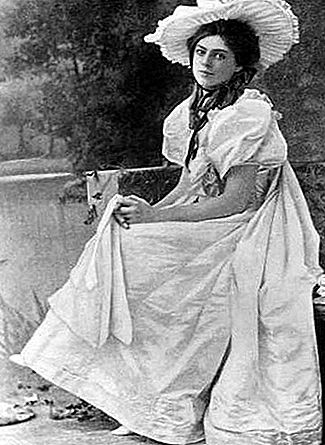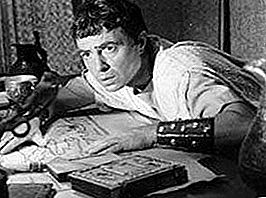Trajan, Latin in full Caesar Divi Nervae Filius Nerva Traianus Optimus Augustus, also called (97–98 ce) Caesar Nerva Traianus Germanicus, original name Marcus Ulpius Traianus,(born September 15?, 53 ce, Italica, Baetica [now in Spain]—died August 8/9, 117, Selinus, Cilicia [now in Turkey]), Roman emperor (98–117 ce) who sought to extend the boundaries of the empire to the east (notably in Dacia, Arabia, Armenia, andMesopotamia), undertook a vast building program, and enlarged social welfare.
Top Questions
Why is Trajan famous?
Trajan was a Roman emperor (98–117 CE) who sought to extend the boundaries of the empire to the east, undertook a vast building program, and enlarged social welfare. He is also remembered for Trajan’s Column, an innovative work of art that commemorated his Dacian Wars.
What was Trajan’s childhood like?
Marcus Ulpius Traianus was born in the Roman province of Baetica (Andalusia). While his family was probably prominent in Baetica, his father was the first to join the imperial service. There is little documentation of Trajan’s early life, but presumably he grew up either in Rome or in various military headquarters with his father.
What were Trajan’s achievements?
Trajan undertook or encouraged extensive public works: roads, bridges, aqueducts, the reclamation of wastelands, and the construction of harbours and buildings. Impressive examples survive in Spain, in North Africa, in the Balkans, and in Italy. In Rome an aqueduct, a public bathing complex, and a forum designed by the architect Apollodorus of Damascus were built.
How did Trajan influence the world?
Trajan abandoned the policy of not extending the Roman frontiers established by Augustus. He added Dacia, Arabia, Armenia, and Mesopotamia to the empire, waging war against Decebalus and the Parthians. Upon reaching the Persian Gulf, he is said to have wept because he was too old to repeat Alexander the Great’s achievements in India.
Origins and early career
Marcus Ulpius Traianus was born in the Roman province of Baetica (the area roughly equivalent to Andalusia in southern Spain). Although his ancestors, whether or not original settlers, were undoubtedly Roman, or at least Italian, they may well have intermarried with natives. While his family was probably well-to-do and prominent in Baetica, his father was the first to have a career in the imperial service. He became a provincial governor and in 67–68 commander of a legion in the war the future emperor Vespasian was conducting against the Jews. In 70 Vespasian, by then emperor, rewarded him with a consulship and a few years later enrolled him among the patricians, Rome’s most aristocratic group within the senatorial class. Finally, he became governor, successively, of Syria and Asia.
Although there is little documentation of Trajan’s early life, presumably the future emperor grew up either in Rome or in various military headquarters with his father. He served 10 years as a legionary staff tribune. In this capacity he was in Syria while his father was governor, probably in 75. He then held the traditional magistracies through the praetorship, which qualified him for command of a legion in Spain in 89. Ordered to take his troops to the Rhine River to aid in quelling a revolt against the emperor Domitian by the governor of Upper Germany (Germania Superior), Trajan probably arrived after the revolt had already been suppressed by the governor of Lower Germany (Germania Inferior). Trajan clearly enjoyed the favour of Domitian, who in 91 allowed him to hold one of the two consulships, which, even under the empire, remained most prestigious offices.
When Domitian had been assassinated by a palace conspiracy on September 18, 96, the conspirators had put forward as emperor, and the Senate had welcomed, the elderly and innocuous Nerva. His selection represented a reaction against Domitian’s autocracy and a return to the cooperation between emperor and Senate that had characterized the reign of Vespasian. Nevertheless, the imperial guard (the praetorian cohorts) forced the new emperor to execute the assassins who had secured the throne for him. There was also discontent among the frontier commanders.
Therefore, in October 97, Nerva adopted as his successor Trajan, whom he had made governor of Upper Germany and who seemed acceptable both to the army commanders and to the Senate. On January 1, 98, Trajan entered upon his second consulship as Nerva’s colleague. Soon thereafter, on January 27 or 28, Nerva died, and Trajan was accepted as emperor by both the armies and the Senate. Before his accession, Trajan had married Pompeia Plotina, to whom he remained devoted. As the marriage was childless, he took into his household his cousin Hadrian, who became a favourite of Plotina.














